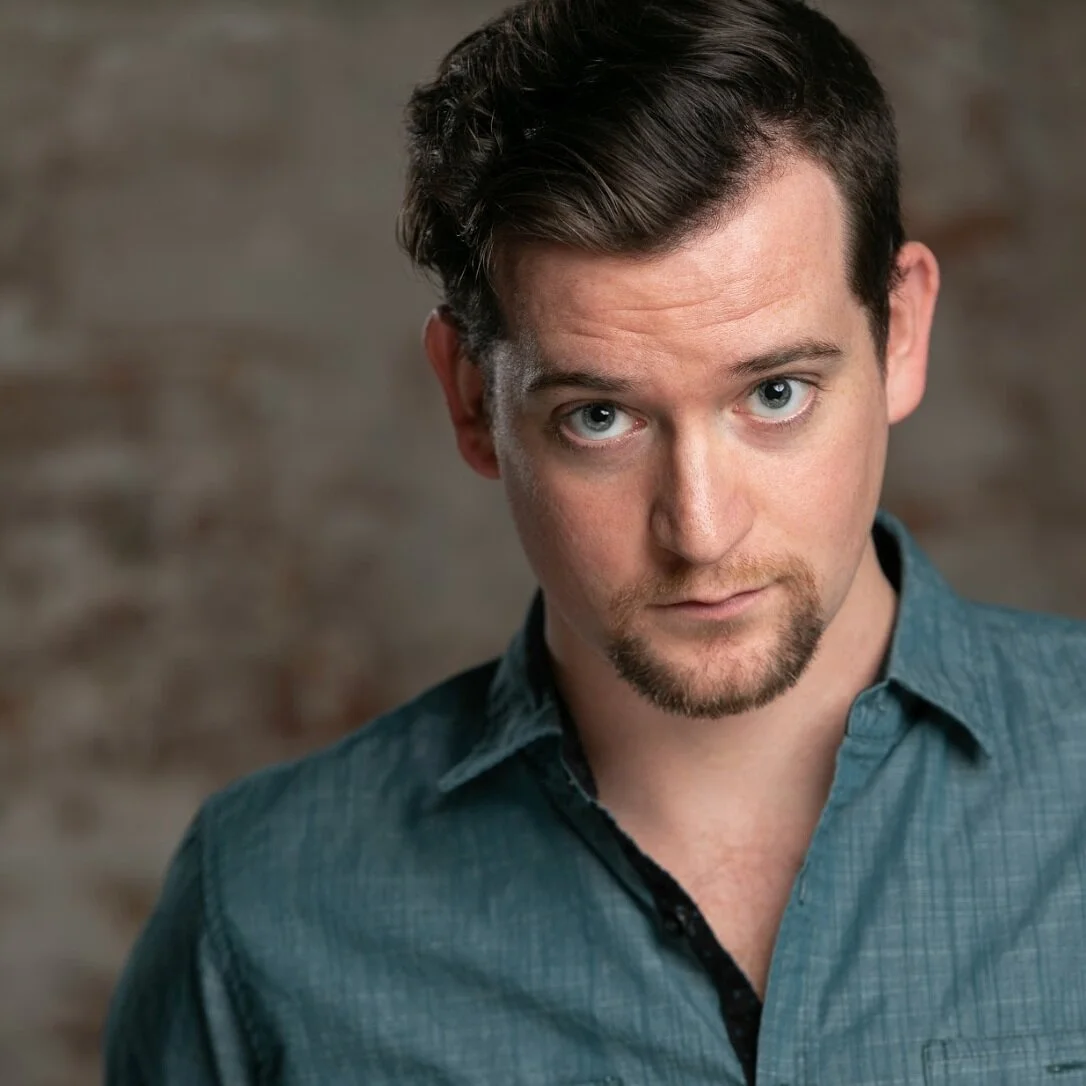VANITY FAIR
By Kate Hamill. Directed By: David Saltz
Location: Cellar Theatre | Approx. Runtime: Two Hours
Dates: Feb. 20-22, 25-29 @ 8PM, Mar. 1 @ 2:30PM
Playwright Kate Hamill breathes new life into William Makepeace Thackeray’s classic novel. Vanity Fair follows anti-hero Becky Sharp and her meek friend Amelia. Becky, a penniless woman with limitless ambition, uses her romantic entanglements and risky business deals to climb the social ladder while the privileged Amelia already sits atop it. But in a society that ignores both women because of their femininity, they must work together to achieve their goals, making Vanity Fair as funny as it is relevant to our modern times.
CAST
UGA THEATRE WELCOMES SPRING IN STYLE, CLASS, AND HYPOCRISY WITH ADAPTATION OF “VANITY FAIR”
BY SHANON WEAVER
ATHENS, GA – UGA Theatre presents “Vanity Fair,” Kate Hamill’s adaptation of the 1848 William Makepeace Thackeray novel, directed by David Saltz, Feb. 20-22 and 25-29 at 8 p.m., and March 1 at 2:30 p.m. in the Cellar Theatre of the Fine Arts Building at 225 Baldwin Street. Tickets are $16 and $12 for UGA students and can be purchased online at ugatheatre.com/vanityfair, via phone at 706-542-4400, or in person at the Performing Arts Center.
In Vanity Fair, two women—one born into privilege, another from the streets—attempt to navigate a society that punishes them for every misstep. Clever Becky Sharp is not afraid to break the rules; soft-hearted Amelia Sedley is too scared to bend them. Both strive for what they want—but neither can thrive without the other.
Thackarey’s novel Vanity Fair, a bestseller in the nineteenth century, has been adapted often for stage and screen, most recently as an Amazon Prime mini-series. “Kate Hamill’s adaptation is far and away my favorite,” said Saltz, professor and head of the department of theatre and film studies. “It provides a fascinating glimpse of nineteenth century culture and mores that at the same time feels completely fresh, edgy and contemporary.”
Hamill is renowned for her vibrant adaptations of nineteenth century novels featuring strong female characters, such as Sense and Sensibility and Little Woman. For three years running, the playwright has been among the top ten most widely produced playwrights in the United States. Her adaptation of Vanity Fair premiered in 2017 with Hamill herself playing Becky.
Saltz describes Becky as one of the most enthralling literary characters ever created. “She’s delightfully complex, both morally and psychologically—as much a woman of the twenty-first century as of the nineteenth century,” he said.
Hamill embraces the theatricality of Thackeray’s novel, placing the story in the hands of a theatre troupe for a ‘play within a play.’ Saltz and his design team stage the play as a street performance in present-day Britain that takes place in front the façade of a Regency-era building– something that appealed to second-year MFA Scenic Designer Samantha Kuchta.
“Combining the historic character of the Regency period with the more current elements of a traveling troupe of actors, my aim was to visually mirror the strength and movement portrayed most heavily in the characters of Becky and Amelia,” Kutcha said.
“Taking note of silhouette, we have created costumes that speak to a period rather than portraying it with one hundred percent accuracy because we are playing in a space that is not all one moment in time,” said First-year MFA Costume Designer Rachael Karas. “For ‘Vanity Fair,’ the creative team wanted to play in a fluid time space as our actors tell this incredibly relatable story.”
The show also features media projection, helmed by PhD student Anna Corbould and lighting by first-year MFA Lighting Designer Haley Brown. “The power of theater is the transformation from the mundane to the extraordinary, and the players in ‘Vanity Fair’ are leading their audience through that transformation,” Brown said. “By shifting the ambiance from busy England streets to the imaginary world the acting troupe is creating through their storytelling, the lighting will enhance the experience and help shape the world they are inhabiting.”
Through Becky and Amelia’s victories and losses, the thrilling, highly theatrical ‘(im-)morality play’ explores how flexible morals can become when the wheel of fortune turns.











